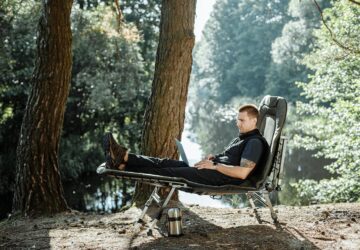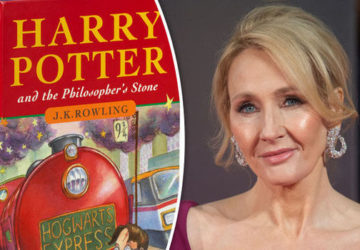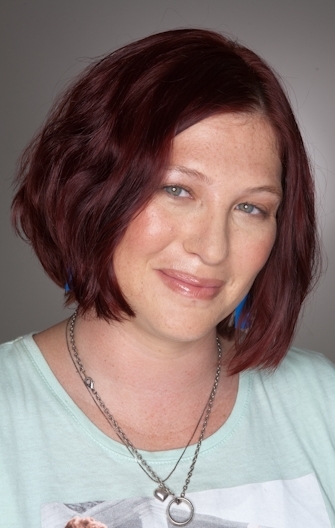Karen Jeynes is a well-known, award-winning playwright whose work includes “Laying Blame”, “sky too big”, “Don’t Mention Sex”, “Kiss Kiss”, “The Happy Factory”, “I’ll Have What She’s Having”, “Backwards in High Heels” and the multi-award winning “Everybody Else (is fucking perfect)”. She also writes for magazines, novels, radio, television, film and websites, and tutors the Scriptwriting Course at the Writers’ College.
Karen Jeynes takes some time to tell us a bit about her writing, and shares some tips for aspirant writers.
Q. How and when did you get started as a writer? Tell us a bit about your development as a writer.
I can’t remember ever not writing. It’s always been the thing I do. At high school I had poetry published in English Alive, and the rush of “being a proper writer” sealed the deal.
Q: What has been your greatest highlight in your writing journey thus far?
Every time someone tells me that something I wrote resonated with them. That’s the reason I write, and I am always touched and inspired when people take the time to connect like that.
Q. Where do you get your inspiration for new ideas?
By reading, particularly strange internet articles, by watching people, and by imagining the ‘what ifs’.
Q. What are some of the major challenges you have faced in your career?
There are days when you have a deadline, and no inspiration. There are times when you write something that you know is not your best, but it’s the best you can do right now. And, of course, there’s the constant need to “sell” yourself to editors or producers, the self-promotion can be very challenging to me.
Q. What general advice would you give aspirant writers/journalists just starting out?
Write as much as you can, and read as much as you can. Get people to read your work. It’ll never stop being terrifying.
Also – follow your passions. Find the topics that inspire you, the stories you want to tell. Those are the ones you will tell best.
Q: What tips would you give a writer about getting published?
Again, read. Have you read the publication you’re wanting to be published in? Not once, but often? That’s the first thing. Then, have examples of things you’ve written, even if they’re your own blogposts, show evidence that you can write.
Also, be professional – write decent cover emails, be polite, make sure you haven’t made typos or spelling errors, the details which can make all the difference.
Q: What are some of the things writers can do to keep productive and challenged?
Find daily challenges for yourself. When you read something you don’t like, try and sit down and rewrite it, the way you think it would be good. Expose yourself to different styles and genres. Try something that scares you.
Q: How important is networking for writers?
Crucial. Network online, network at events, make sure people know your name and that you’re a writer, and ideally what your specialty/niche is. Interact, converse, learn – don’t hard sell yourself.
Q: What do you consider to be the most important writing tip you ever received?
If you can’t tell someone else why they should read/watch it, don’t write it.
About the author:

When he is not indulging his love for writing, he can be found performing or recording with his band all across South Africa. He is also involved in music education, teaching privately from his home on the south coast of Durban.












